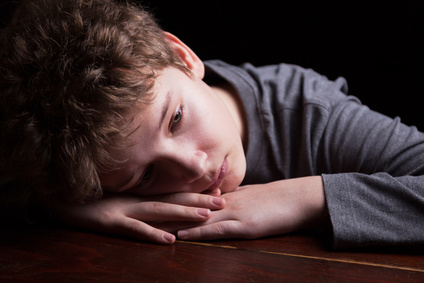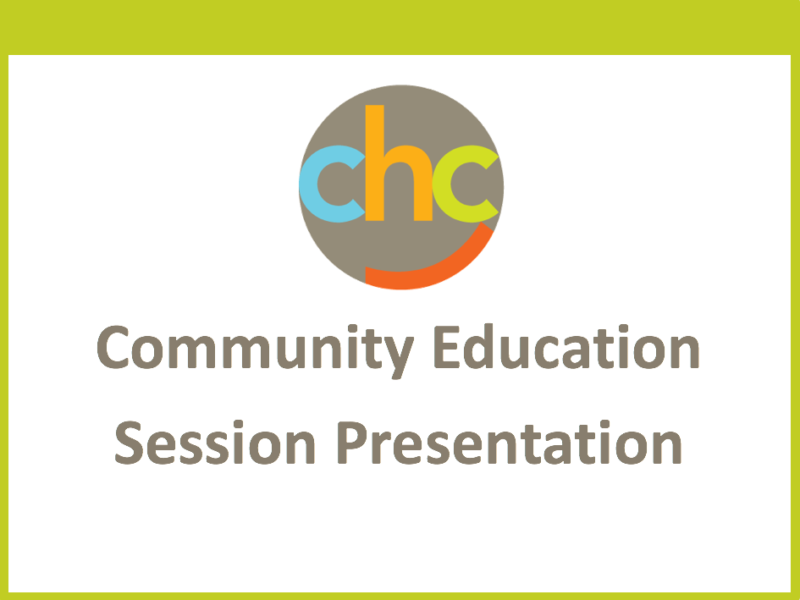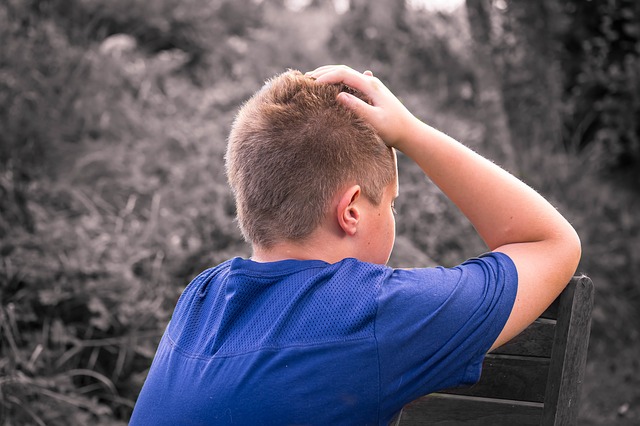How To Talk with Kids About Terrible Things
How can we help the children in schools across the country who, in the wake of another school shooting, struggle to cope with feelings of fear, confusion and uncertainty? Read more >>
Request an Appointment
English: 650.688.3625
Medi-Cal: 650.688.3650
How To Talk with Kids About Terrible Things
How can we help the children in schools across the country who, in the wake of another school shooting, struggle to cope with feelings of fear, confusion and uncertainty? Read more >>

What to Do (and Not Do) When Children Are Anxious
When children are chronically anxious, even the most well-meaning parents can fall into a negative cycle and, not wanting a child to suffer, actually exacerbate the youngster’s anxiety. It happens when parents, anticipating a child’s fears, try to protect her Read more >>

Talking to Your Kids and Teens When They Need Help
As parents and teachers, you are the first line of support for kids and teens. It’s important for you to have an open line of communication with them and build a sense of trust. When your kids and teens are Read more >>

APA Resources for Coping with Mass Shootings, Understanding Gun Violence
Resources on the American Psychological Association’s website can help people with cope with stress and anxiety caused by shootings and gun violence. Read more >>

Seasonal Affective Disorder (SAD) is a type of depression that comes and goes with the seasons, typically starting in the late fall and early winter and going away during the spring and summer. It can affect adults, teens, and children. Read more >>

How to Help Your Anxious Young Child [presentation]
How do you know what is typical and what is not? In this class led by David Arbulú, MA, Marriage & Family Therapist, learn the signs of anxiety in young children and some strategies to help your young child manage Read more >>

Helping Teens Cope with Anxiety — Archbishop Mitty High School Session [presentation]
In this session at Archbishop Mitty High School, Annaleah Logan, PsyD. discusses the different forms of anxiety and their respective symptoms, the stressors that teens experience, causes of teen anxiety and depression, and coping strategies. Read more >>

Anxiety and Depression in Teens [presentation]
In this parent education session held at the German International School of Silicon Valley, CHC’s Tonia Chen, MA, LMFT and Christine Wang, EdM invite parents to step into the shoes of their teens to better understand the complexities of a Read more >>

What to Do When Your Child Comes Out As LGBTQ
So your child just came out as lesbian, gay, bisexual or transgender. What do you do? Read more >>

How to Help Children Cope with a Crisis
Here are ten tips Save the Children recommends for parents, teachers, grandparents and caregivers to provide comfort and understanding to children: Read more >>
English: 650.326.5530 | Español: 650.688.3650 | Fax: 650.688.3669
English: 650.326.5530
Español: 650.688.3650
Fax: 650.688.3669
English: 650.668.3625 | Español: 650.688.3650 | careteam@testing.chconline.org
English: 650.668.3625
Español: 650.688.3650
careteam@testing.chconline.org
© 2024 Children’s Health Council. All rights reserved.
CHC Palo Alto: 650 Clark Way, Palo Alto, CA 94304 | 650.326.5530
CHC South Bay: 2280 Kenwood Avenue, San Jose, CA 95128 | 408.831.7512
CHC Ravenswood: 1765 E Bayshore Rd, East Palo Alto, CA 94303 | 650.702.2487
CHC Palo Alto:
650 Clark Way, Palo Alto, CA 94304
650.326.5530
CHC South Bay:
2280 Kenwood Avenue, San Jose, CA 95128
408.831.7512
CHC Ravenswood:
1765 E Bayshore Rd, East Palo Alto, CA 94303
650.702.2487